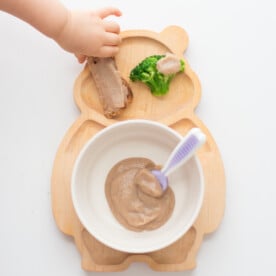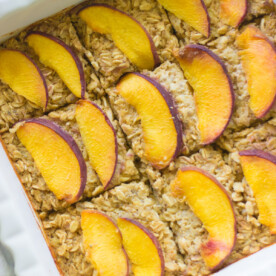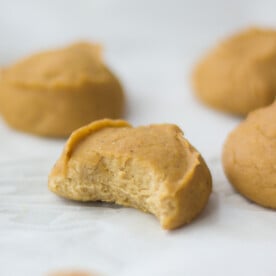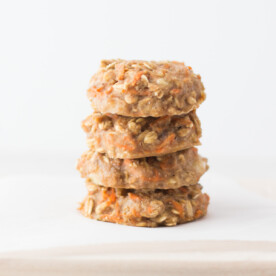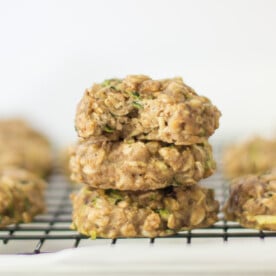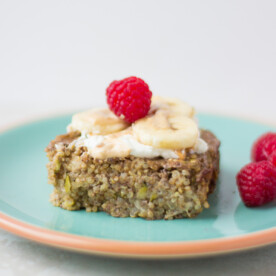Baby Constipation – What’s Normal and What’s Not?
First, it’s important to understand what is considered normal and when medical attention may be needed. In general, breastfeed babies tend to have softer and more frequent bowel movements, while formula-fed babies may have firmer stools. Just like with adults, normal infant bowel movements can vary in frequency, from several times a day to once every few days. It actually isn’t unusual for an infant to not have a bowel movement every day. And your baby may grunt and strain every time they poop. Again, it is to be expected as babies have weak abdominal muscles and the process of passing stool requires significant muscle coordination, which takes time for infants to learn. So don’t be too concerned if they strain for several minutes to have a bowel movement. When assessing infant constipation, the two crucial factors to consider are the consistency of the stool and the level of distress the baby is experiencing. And if you have an older child, here’s the ultimate guide to toddler constipation.
Signs of Baby Constipation
Considerably less (or more) stool than usual pattern Hard, pellet-like stool or not easily passed Abdominal distention – swollen or bloated belly Blood in the stool Distress: irritability, abdominal pain – pulling their legs up to the stomach, crying in pain Changes in appetite
Top Causes for Infant Constipation
Baby constipation can be caused bay a variety of factors, including:
Switching from breastmilk to formula Decrease in formula Introducing solids before baby is ready (grab my FREE handout to determine the optimal time for starting solids) Starting solid foods (using purees or baby led weaning) Certain medications, such as antibiotics or iron supplements Underlying medical conditions
Infant Constipation Home Remedies
1. Dietary adjustments
If your baby is formula-fed, there is no need to switch to low-iron formula as iron in formula does not cause or worsen constipation. But you can work with your health care provider to a different type of baby formula that’s better suitable for your baby. For infants who’ve started solids, introduce high-fiber foods like fruits, vegetables, and whole grains which can help soften the stool and promote regular bowel movements. Related – High fiber foods for babies and toddlers
2. Fluid Intake
For breastfed babies, offering more frequent nursing sessions can help increase fluid intake. Once they start solids, offer small sips of water with their meals. The American Academy of Pediatrics recommends no more than 8 ounces of water per day for babies under 1 year of age.
3. Tummy Massage
Gently massaging the baby’s abdomen in a clockwise motion can stimulate bowel movements and relieve constipation. Consult with a healthcare professional to learn the correct technique.
4. Bicycle Legs Exercise
Lay your baby on their back on a soft, comfortable surface, such as a blanket or changing table. Gently fold the baby’s legs above the ankles and slowly move their legs in a cycling motion, as if they were pedaling a bicycle. Continue the bicycle motion for a few minutes, or as long as your baby remains content and engaged. You can try singing or talking to your baby to make it a more enjoyable experience.
5. Warm Bath
The warm water can help relax the baby’s muscles, including those in the abdomen. Additionally, the soothing nature of a warm batch can help calm the baby, potentially reducing any discomfort or distress associated with constipation.
Top Baby Foods to Relieve Constipation
Apples Avocado Beans Beets Broccoli Chia seeds Flaxseed Kiwi Lentils Mango Oats Orange Peach Pear Peas Plums Prunes Quinoa Raspberries zucchini
If you want to learn how to prepare other specific food(s), check out my How To Series!
Recipes for Baby Constipation
The information provided here is for informational purposes only. Always consult with a health care provider if you have concerns about your baby’s constipation or any other health-related issues.







